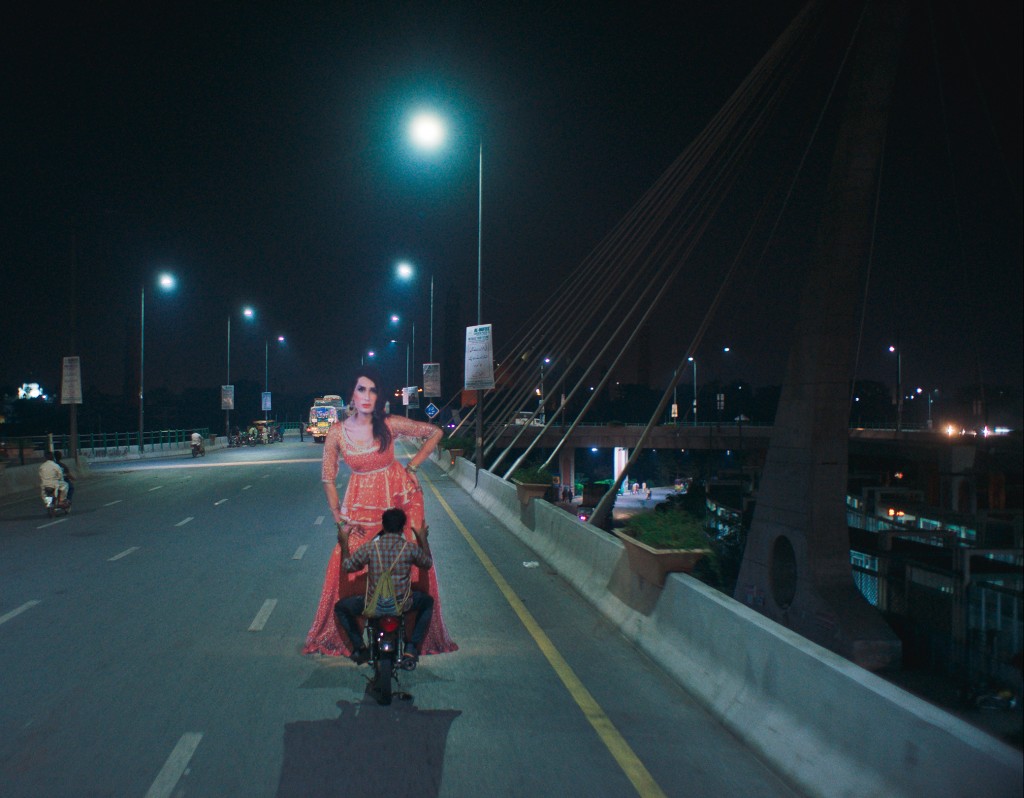“Joyland,” a film from Pakistan that tells the story of a young married man who falls in love with a transgender woman, won a prize at the Cannes Film Festival this year and is set to represent Pakistan at the Academy Awards the following year. “Joyland,” tells the story of a young married man who falls in love with a transgender woman.

However, the censorship certification for the film ‘Joyland’ was revoked by the Pakistani government only one week before the picture was scheduled to make its premiere in Pakistani theatres.
In support of the motion, Senator Mushtaq Ahmad Khan of the Islamist Jamaat-e-Islami party, which is now in the opposition, said that the movie ‘Joyland’ went against Islamic principles. He distributed a statement that was released on Friday by the country’s Ministry of Information and Broadcasting. According to the statement, the decision was made after the ministry received written complaints alleging that the film “contains highly objectionable material” and violated “decency and morality.” He shared this statement with his audience.
The decision to prohibit the film was quickly met with strong condemnation from both the film’s director and rights advocates in the country. As of Tuesday, the hashtag “ReleaseJoyland” has been used tens of thousands of times on social media.
An aide tweeted late Monday night that Pakistani Prime Minister Shehbaz Sharif had requested a “high level” inquiry of the ban in response to the widespread uproar that it had sparked. According to Salman Sufi, who is a member of the committee, “the committee will assess the complaints as well as the merits in order to decide on its release in Pakistan.”
- Advertisement -
The director of “Joyland,” Saim Sadiq, has previously referred to the restriction as a “grave injustice,” in addition to claiming that it was “absolutely unconstitutional and illegal.” In a statement that was released on Sunday, he accused the government of caving in to “pressure from a few extremist factions,” pointing out that the movie had previously been approved for release by the country’s several censorship boards.
“I urge the Pakistan Ministry of Information and Broadcasting to please review this decision and return the right of our citizens to be able to watch the film that has made their country’s cinema proud [all] over the world,” he said. “The film in question has made their country’s cinema proud [all] over the world.”
The Human Rights Commission of Pakistan also voiced their disapproval of the ban, stating that the government’s explanation was “not only rabidly transphobic, but also violates the film producers’ right to freedom of expression.”
The transgender community in Pakistan is referred to as khwaja sira or the third gender. In 2018, the Pakistani Parliament passed a law that enshrined fundamental rights for this community, including the recognition of their self-identification and the prohibition of any form of discrimination against them.
In actuality, however, transgender persons in Pakistan have continued to face discrimination and even violence, and Human Rights Watch has accused the government of “failing to provide adequate protection or hold perpetrators accountable.” The country’s legal system treats partnerships between people of the same sexual orientation as a crime.
In the past, Pakistan has used its right to censor a variety of films, including some that were accused of presenting an unfavourable image of either the nation or Muslims, but in some instances, the judgement was subsequently reversed.









